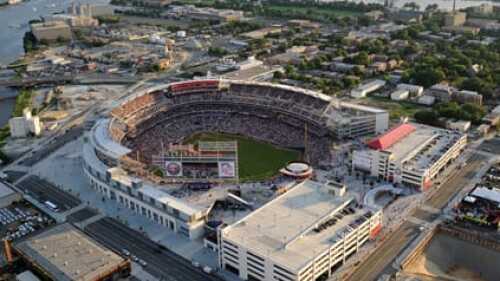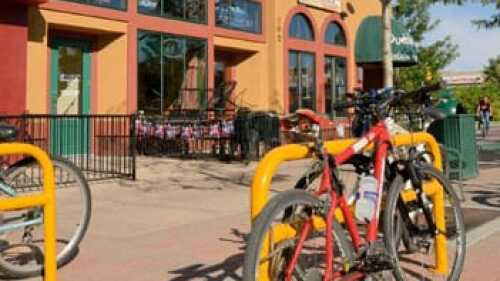Ed McMahon holds the Charles E. Fraser Chair on Sustainable Development at the Urban Land Institute in Washington, D.C. where he is nationally known as an inspiring and thought provoking speaker and leading authority on topics related to sustainable development, land conservation, smart growth, and historic preservation. As the Senior Fellow for Sustainable Development, McMahon leads ULI’s worldwide efforts to conduct research and educational activities related to environmentally sensitive development policies and practices. Before joining the Urban Land Institute in 2004, McMahon spent 14 years as the Vice President and Director of Land Use Planning for The Conservation Fund in Arlington, Virginia where he helped to protect more than 5 million acres of land of historic or natural significance. He is also the co-founder and former President of Scenic America, a national non-profit organization devoted to protecting America’s scenic landscapes. Before that, he taught law and public policy at Georgetown University Law Center for 9 years, and served in the U.S. Army, both at home and abroad.








